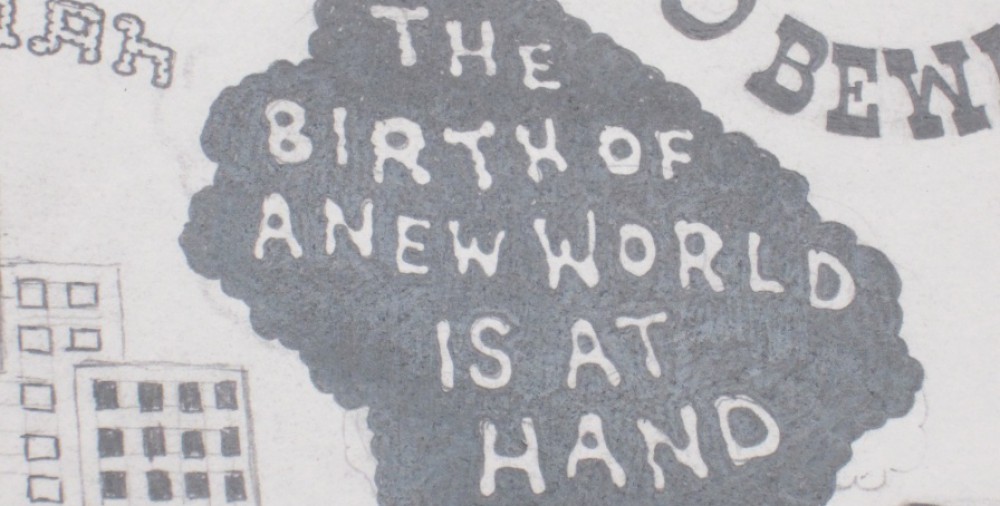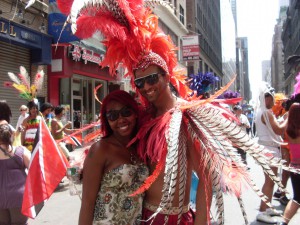The ones who walked away from Omelas is a very interesting tale. It was to me at least, a very difficult story to follow. I had to read over to pick up on things I didn’t catch or understand the first go round. The author uses the setting and the description of the town’s people to set the mood as joyous and cheerful. “…….quiet, merry women carrying their babies and chatting as they walked.In other streets the music beat faster, a shimmering of gong and tambourine, and the people went dancing, the procession was a dance” ( Omelas 1). On the second page the author hints that something is wrong but doesn’t give to much away as to what. ” Yet I repeat that these were not simple folk, not dulcet…….bland utopians” ( Omelas 2). That passage to me, means the people aen’t the happy, good people, we were lead to believe by the author’s description of them on the first page. That these people, the town of Omelas is holding a dark secret. The author then explains that we as humans are used to seeing evil, that evil is normal to us and happiness and boring. Happiness isn’t exciting, we need evil in our lives. With all this being said, we are afraid to embrace it. “…….. of considering happiness as something rather stupid. Only pain is intellectual, only evil is interesting……….. But to praise despair is to condem delight, to embrace violence is to lose hold of everything else” ( Omelas 2)
The author then brings back the joyous mood, until we get to the unexpected and disturbing introduction to this child. This then ties into the passage earlier of Le Guin preparing us that the town’s people aren’t so good. The description of the child is offensive to the reader. In a town of such respectable people, how can a child, the most precious thing, be neglected and for all intents and purposes abandoned? ” It could be a boy or a girl. It looks about six, but actually is nearly ten…….. Perhaps it was born defective, or perhaps it has become imbecile through fear, malnutrition, and neglect” ( Omelas 4). From this point until the end of the story I have more questions than answers and I am left feeling unsatisfied. Why in a town like this, that the misery of this child, is so important? “…… to throw away the happiness of thousands for the chance of the happiness of the one: that would be to let guilt within the walls indeed” ( omelas 6) It actually sounds utilitarianist, if it wasn’t so cruel! Le Guin doesn’t tell us why, why is this case? All Le Guin tells us is that they can’t help the child. They are trapped like the child is trapped. ” They know that they, like the child are not free” ( Omelas 6). I take this mean to that their happiness is soley dependent on the child, so this is a necessary evil they must endure. But if this is true, then why do the people who are so disgusted and fed up leave the town? Are these few brave people giving up their happiness because they can’t live with knowing about what is going on with the child?
Another question I have is at what age did this abuse of the child start? The child wasn’t born into this. And why this child in particular? What happened to the child’s mother? Le Guin gives us no answers to these questions either. “……. but the child, who has not always lived in the tool room, and can remember sunlight and it’s mother’s voice……..” ( omelas 5). This line raises so many questions that Le Guin doesn’t answer! I find it extremely frustrating! One of my last questions is, this child is he related to the flute player? are they siblings? cousins perhaps? What is the connection? Do they know of each other’s existence? Do they know each other’s fate? ( They know that if the wretched one were not there sniveling in the dark, the other one, the flute player, could make no joyful music….” ( omelas 6) Why is that? What is the connection there? For me this was an interesting read once I read it over. It left me wanting more. I wanted the story to continue on and answer all of the questions that the text raised.




